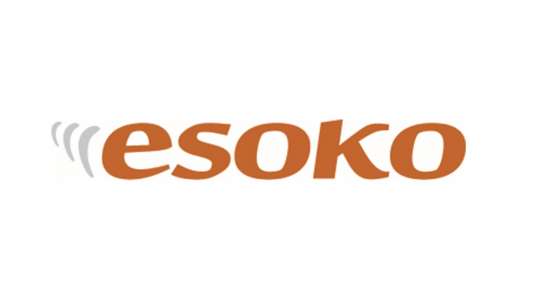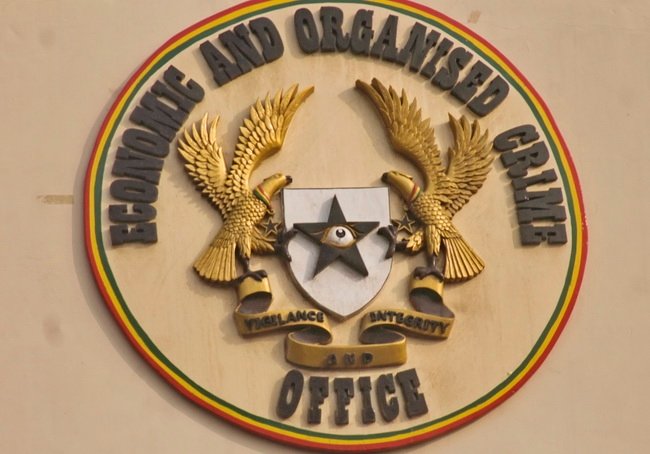Esoko Ghana has hinted that the recently launched Ghana Commodity Exchange (GCX) will be needless if it’s not well publicized to the producers of crops in Ghana.
The GCX was launched in November 2018 and began operations in earnest. The commodity exchange is basically a platform that brings sellers of food produce and its buyers to together.
Speaking in an interview with ghanatalksbusiness.com, Content Manager for Esoko Ghana, Francis Danso-Adjei advanced some advantages of the GCX; “the Ghana Commodity Exchange will grant producers security in terms of their produces, it will aid producers get access to credit which is sometimes difficult for them. Also the introduction of the Ghana Commodity Exchange will help Ghana address the issue of quality of foodstuffs – if you are sending your produce to the Commodity Exchange then in terms of quality it would have to be the best”.
President Akufo-Addo at the launch of the Ghana Commodity Exchange in November this year, said the GCX, the first in West Africa, will be one of the key drivers of realizing his government’s vision of becoming the agricultural hub of West Africa.
The President indicated that a decision has been made for the Exchange, as a start, to trade in agricultural commodities, specifically with food security crops, with additional commodities set to be traded at the Exchange.
“Government will make sure that the Ghana Commodity Exchange delivers on its mandate, and promotes high productivity, price stability, increased exports, and reduced imports of commodities. The Exchange, in light of the emerging regional and continental free trade area can position Ghana as the premier West African global trading hub,” he added.
ALSO READ: Four Entrepreneurial Opportunities of the Ghana Commodity Exchange (GCX)
With an estimated one million farmers, in the next 18 months set to be integrated into the Ghana Commodity Exchange and Warehouse Receipt System, President Akufo-Addo stressed that Ghanaian farmers will gain access to secured storage for their harvest and good warehousing management practices, substantially reducing their post-harvest losses, and improving their take home sales; affordable short-term loans using their commodities as sole collateral, as well as managing borrowers’ credit and default risks; and daily real time market and price information directly via text messaging.
However, Francis Danso-Adjei of Esoko stated that the surest way to achieve the main aim of the GCX is that “we need to get down to the food producing areas and make noise about the Ghana Commodity exchange and allow one or two of the natives producers to witness or use the new system, once they hear testimonies from their own people it is easier to get majority to believe in the system and get them on board rather than using someone who is not part of them going to them about the GCX”.
When asked what Esoko will do to help promote the Ghana Commodity Exchange, Content Manager for Esoko Ghana responded that Esoko Ghana is a private entity and that they are ready to sit down to discuss with government any way they can help if the government calls for their assistance.
Ghana Commodity Exchange (GCX) – How it Works
The Commodities Market works like any other market we know of. It is a physical or virtual space where one can buy and sell. Modern commodity markets began with trading of agricultural products like maize, livestock, food stuffs and other commodities. It may also trade in metals, petroleum and gas.
The GCX which is licensed and regulated by the Securities and Exchange Commission (SEC) would operate a fully electronic or digital trading platform which would be devoid of human interventions and manipulations. The trading activities would be preceded by registration of farmers, brokers and buyers as members of the trading activities. They would provide warehousing services where farmers of the various produce would deposit their physical products.
The major players of the exchange would be farmers (supplier or client), buyers, brokers, traders, warehouse managers and financiers. The exchange is expected to help in curbing the massive losses from post-harvest losses, boost export of food, improve food security in the country and open up investment and entrepreneurial opportunities.





